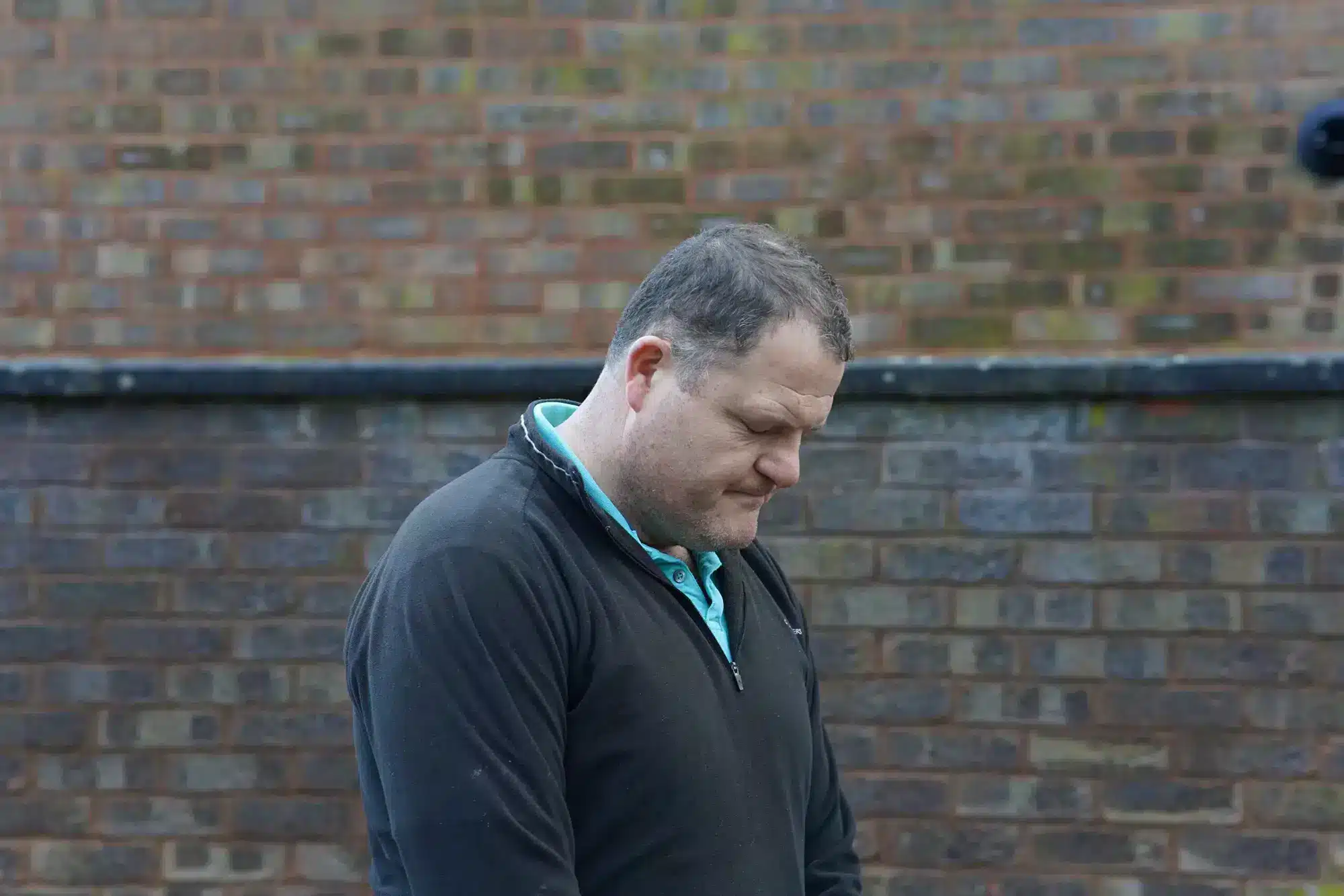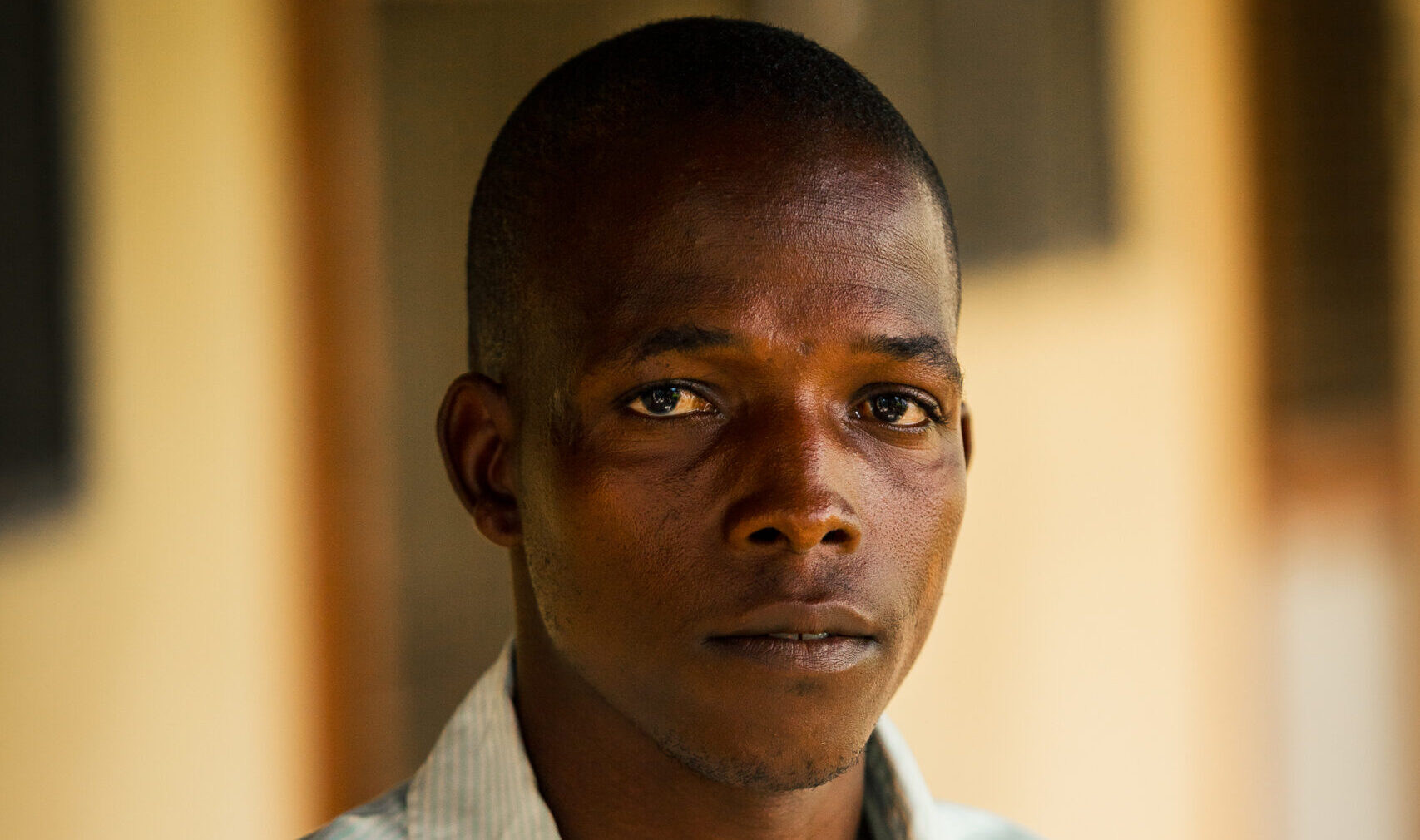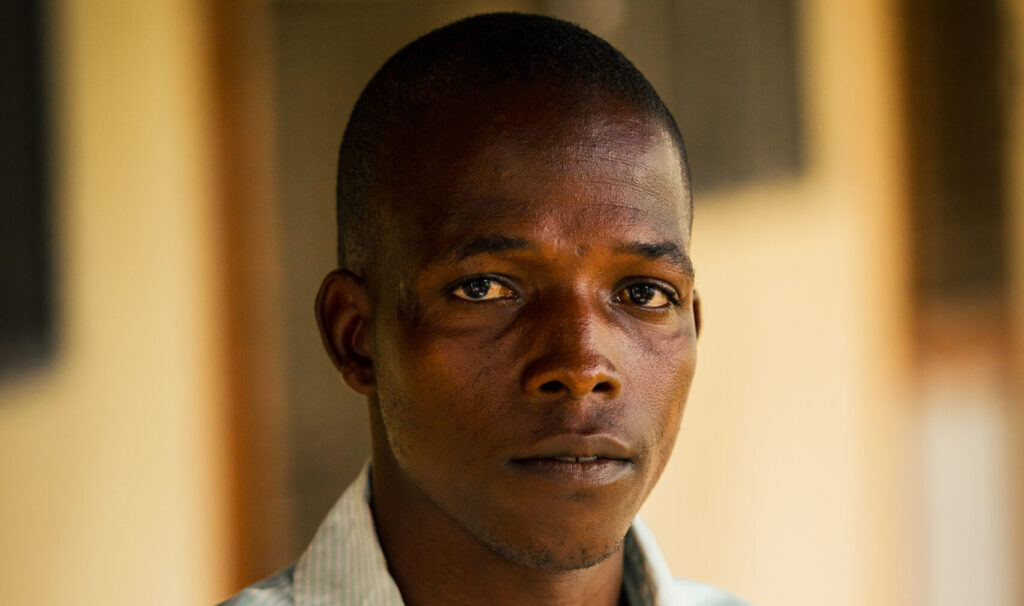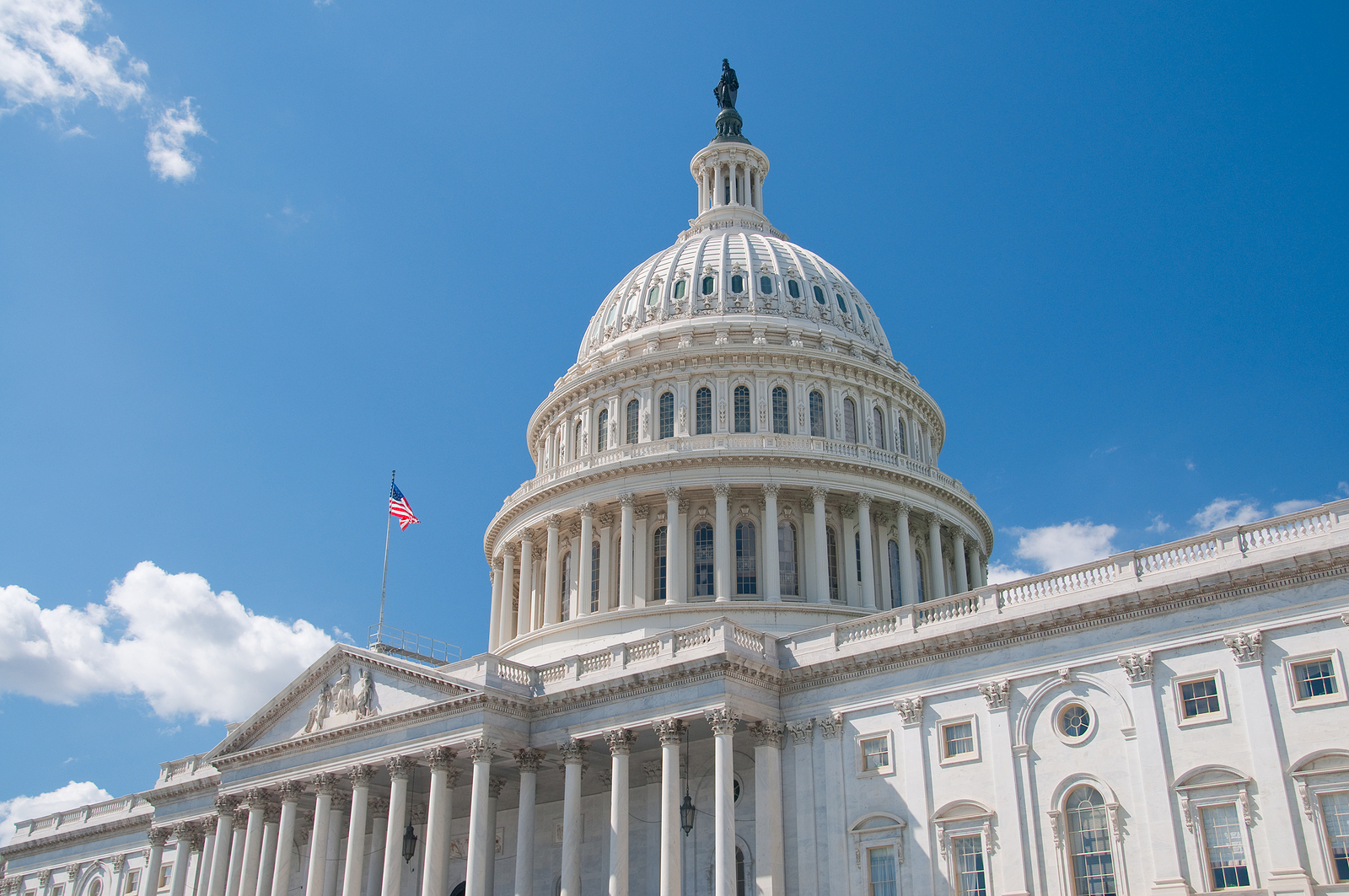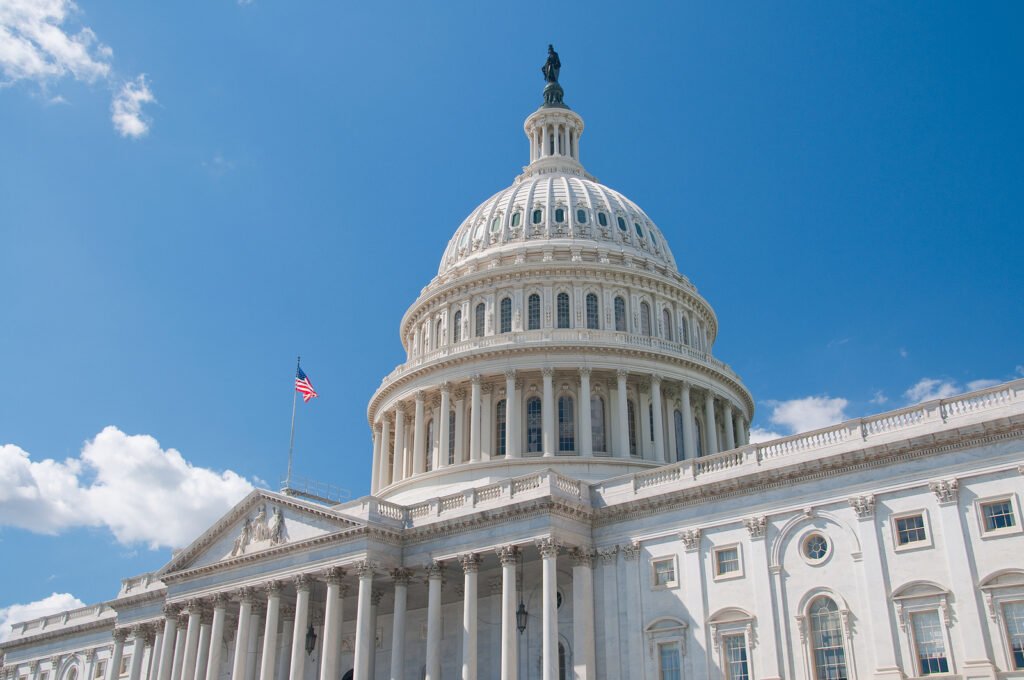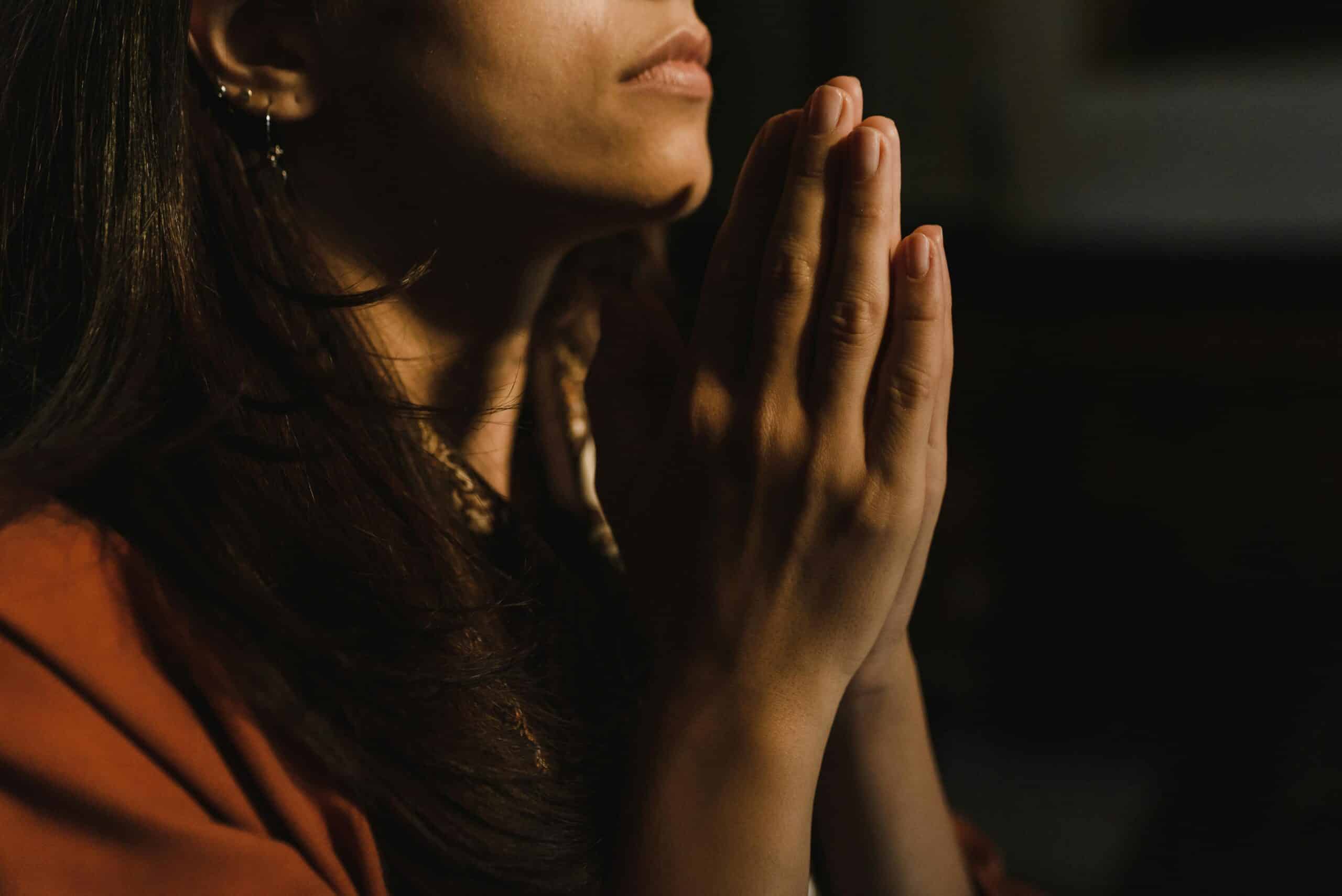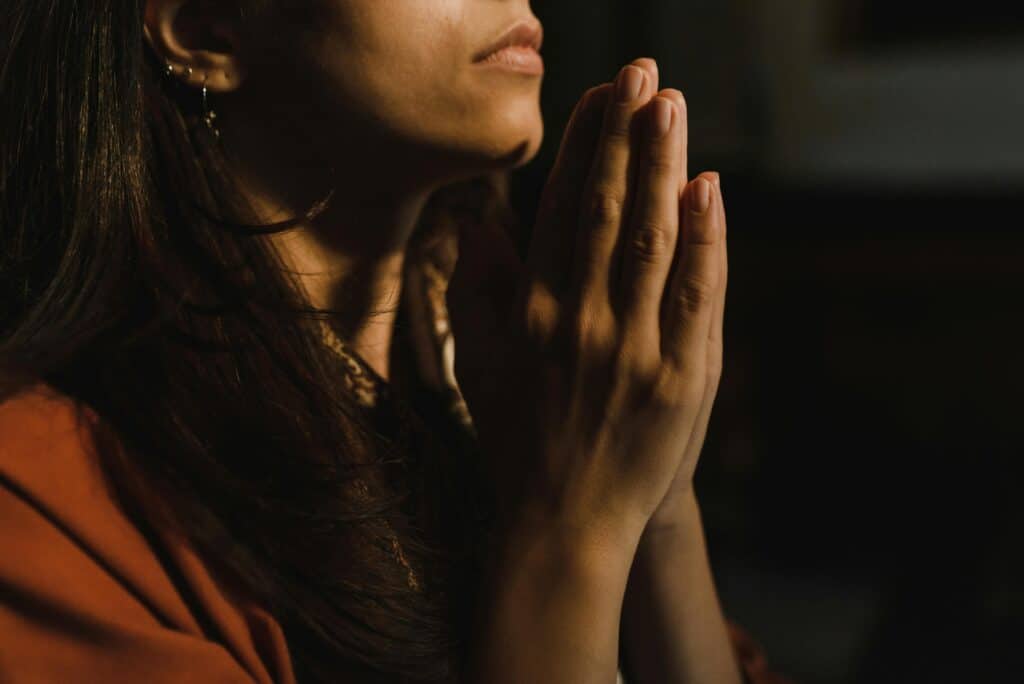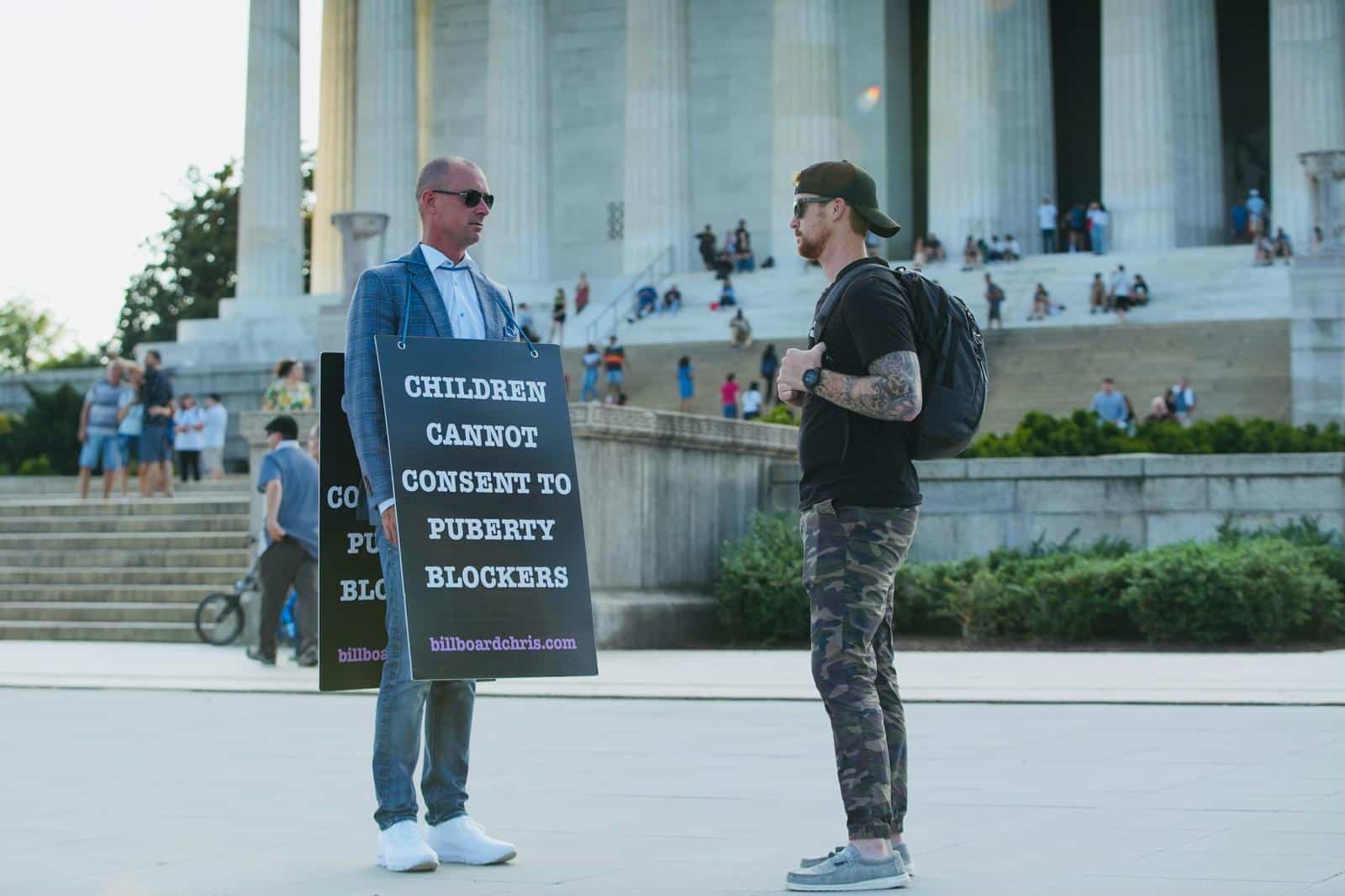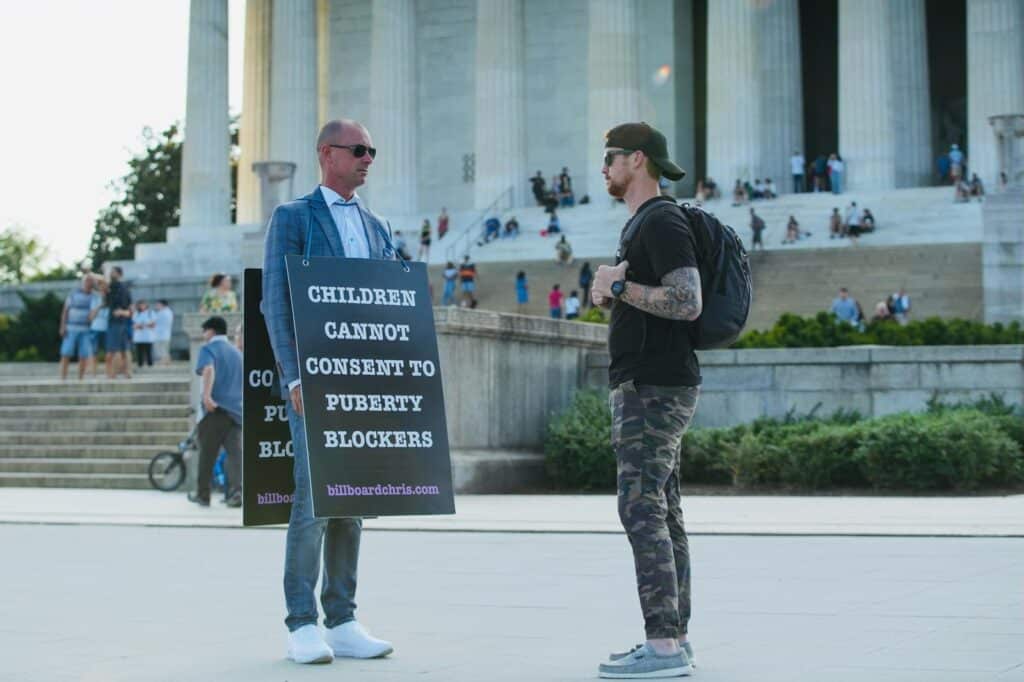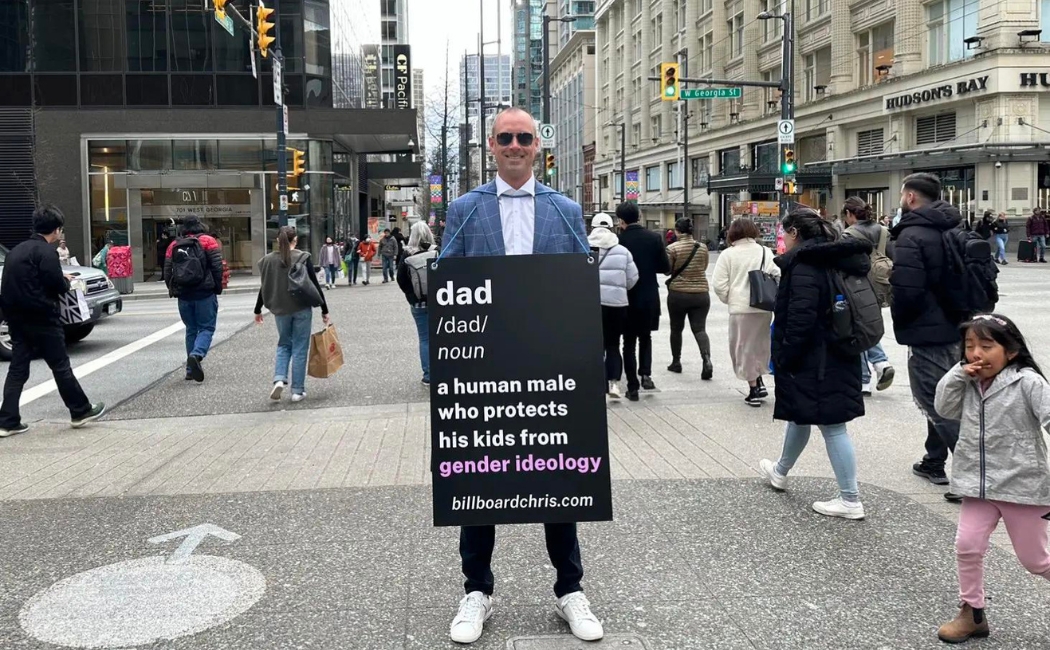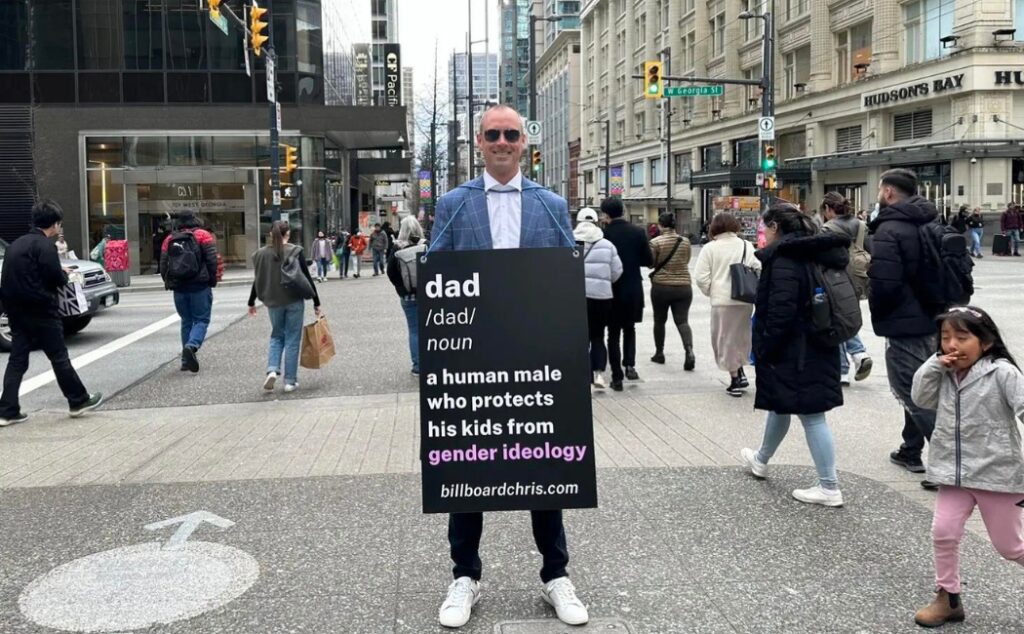New report notes « significant human rights issues” including criminal and civil laws which limit free expression
Case of army veteran convicted for silent prayer highlighted as example of censorship crisis

LONDON (13 August 2025) – A newly released U.S. State Department Human Rights Report has sounded the alarm over mounting restrictions on freedom of expression in the United Kingdom – both in public spaces and online.
The « 2024 Country Reports on Human Rights Practices”, published this week, notes that “the human rights situation worsened in the United Kingdom” during the year 2024, adding:
“Significant human rights issues included credible reports of serious restrictions on freedom of expression, including enforcement of or threat of criminal or civil laws in order to limit expression…”
“Significant human rights issues included credible reports of serious restrictions on freedom of expression."
- State Department's "2024 Country Report on Human Rights Practices: UK"
Criminalizing Peaceful Expression in Public Spaces
The report identifies buffer zone laws which restrict “influence” around abortion facilities as matters of concern in the restriction of free expression.
Citizens have been prosecuted for engaging in silent prayer or for peacefully offering information within these zones.
The report notes that such restrictions criminalize even “efforts to influence others when inside a restricted area, even through prayer”.
The State Department notes that “in October, an individual was convicted in England for engaging in silent prayer…”. Adam Smith-Connor – an army veteran and father of two – was tried and convicted for praying silently for a few minutes across the road from an abortion facility in Bournemouth, where a local “buffer zone” was in place. Smith-Connor was ordered to pay £9,000 in costs. With support from ADF International, he is appealing the ruling later this year.
J.D. Vance highlighted this case as one of the worst examples of censorship in Europe during his speech at the Munich Security Conference in Munich.
Estás viendo un contenido de marcador de posición de YouTube. Para acceder al contenido real, haz clic en el siguiente botón. Ten en cuenta que al hacerlo compartirás datos con terceros proveedores.
Más informaciónBroad and Vague Speech Crimes Online
Looking at the online world, the report highlights the Online Safety Act 2023, which came into force in 2024, which threatens free speech online and “expressly expanded Ofcom’s authority to include American media and technology firms with a substantial number of British users, regardless of whether they had a corporate presence in the UK…
« …Experts warned that one effect of the bill could be government regulation to reduce or eliminate effective encryption (and therefore user privacy) on platforms,” noted the State Department.
The report also highlighted that in April 2024, Scotland implemented the Hate Crime and Public Order (Scotland) Act, introducing sweeping new offenses for “stirring up hatred” through speech or online communication. The penalty for speech deemed to be offensive under this law is up to seven years imprisonment.
Reacting to the report, Lorcan Price, Irish Barrister & Legal Counsel for ADF International in London, said:
« It’s plain to see that the censorship crisis is worsening in the UK – from citizens being arrested and prosecuted just for praying in their heads, to the Online Safety Act clamping down on free expression online. Whilst these developments are deeply concerning, it’s encouraging to see Britain’s US allies highlight these issues, as more and more Brits speak out in defence of our hard-fought freedom of speech. »
Images for free use in print or online in relation to this story only
Pictured: Adam Smith-Connor; Lorcan Price (ADF International)



